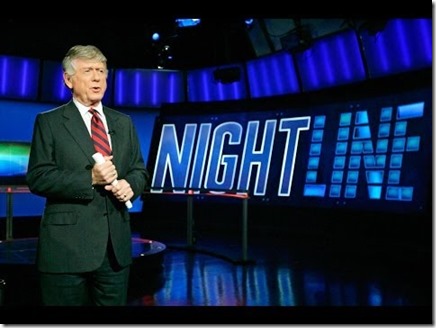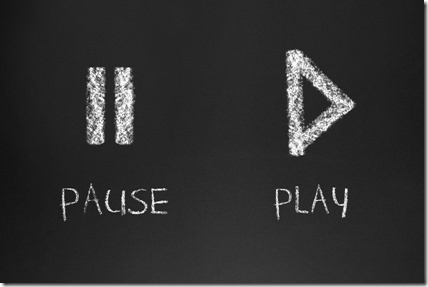No Word Was Ever As Effective As A Rightly Timed Pause
You may recognize the title of this post as a famous quote from Mark Twain. But I had never heard that quote when, in 1998, I was tasked with running the intern program for ABC News’ Nightline.
We received hundreds of applications for that year’s coveted summer internship, for which we only had four open slots. I culled the hundreds of applications down to about 20, and then conducted phone interviews with each of the finalists.
Sixteen years later, I still remember one of the phone interviews. The applicant had been performing well enough—but then I asked him a question he clearly hadn’t anticipated. He asked if he could take a few moments before answering the question. The phone then went dead. Not for three, or five, or ten seconds, but for close to fifteen.
He then answered the question. It was a good answer, but that wasn’t what impressed me. Rather, it was his confidence in pausing and thinking before rushing into an answer. Anyone with that much confidence and poise deserved a shot, I thought.
He got the job.
His approach to answering that question stood out precisely because it was unusual. But it shouldn’t be. All of us should be able to stop and think for a moment before rushing into an answer—and as my experience with this intern demonstrated, that pause can enhance an audience’s view of you.
That sounds deceptively simple. In my experience, even when I coach a presentation training client immediately before their practice Q&A session to pause before answering a question, they forget the moment it begins.
That’s understandable, because answering questions without a pause in everyday communication is reflexive, even normal. So for presentations, you have to work actively to subdue that reflex (you can also pause when answering questions in some non-live media interview settings).
The pause has many benefits for you as a speaker: It buys you time to form a better answer, it allows you to deliver that answer with greater confidence, and it often eliminates your verbal filler. It also gives your audience a moment to think, to engage with your content in their own terms.
A pause can also make you appear more thoughtful to an audience, but only if you do it the right way. Pauses can look either purposeful—and therefore be perceived as effective—or as a sign that you’re slow of thought, which is obviously a problem. The key is to be deliberate. Either say something similar to my former intern (“I’d like a moment to think about that”) or communicate the same message through your body language.
The best part of this advice? You can begin practicing this immediately, the next time someone asks you a question.
Click here to instantly join our mailing list and receive our 25 most essential public speaking tips for free!





[…] Monday, Brad Phillips wrote a post called “No Word Was Ever as Effective As A Rightly Timed Pause,” on his Mr. Media Training blog. His argument is that a pause in conversation has two main effects. […]